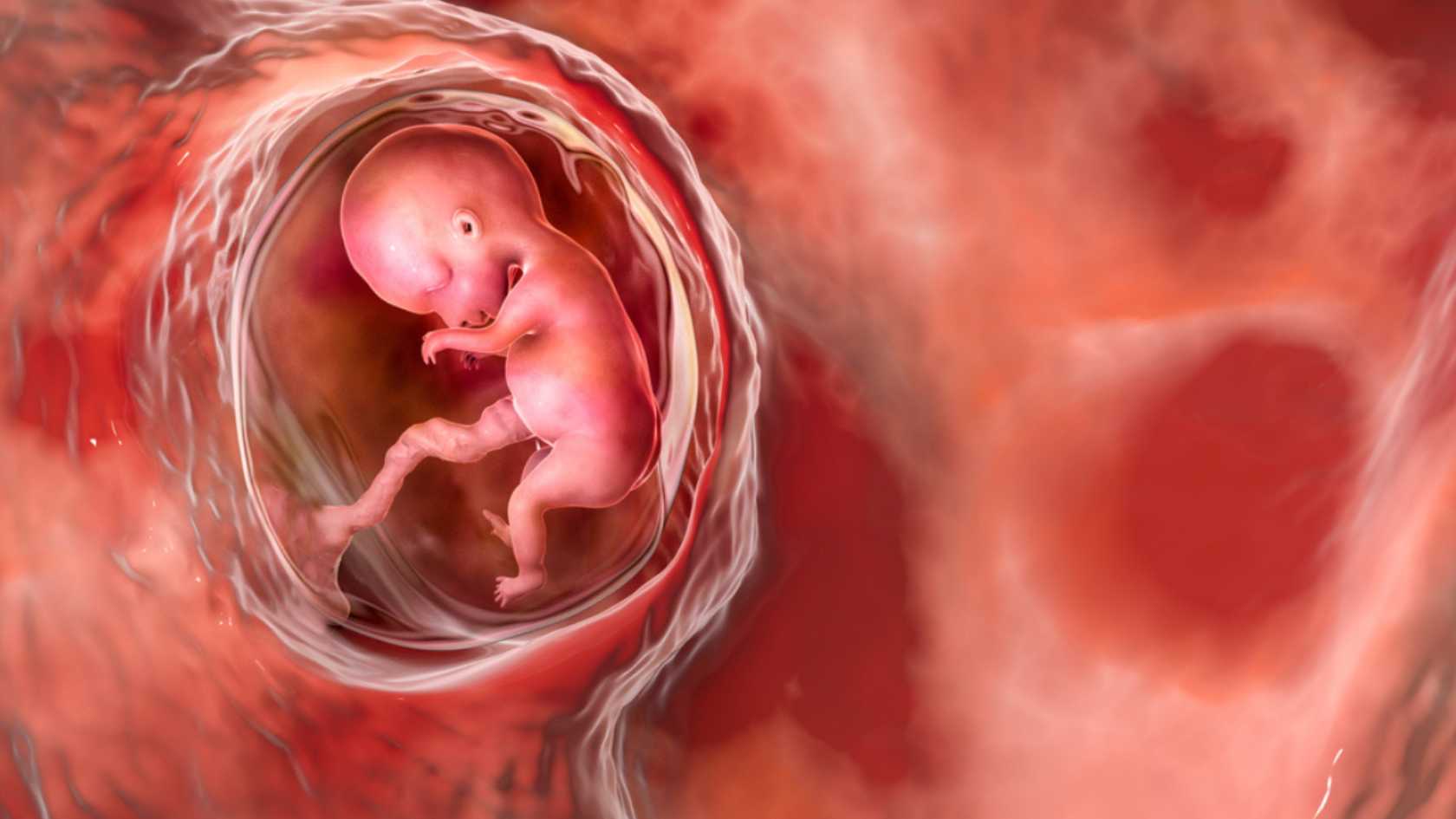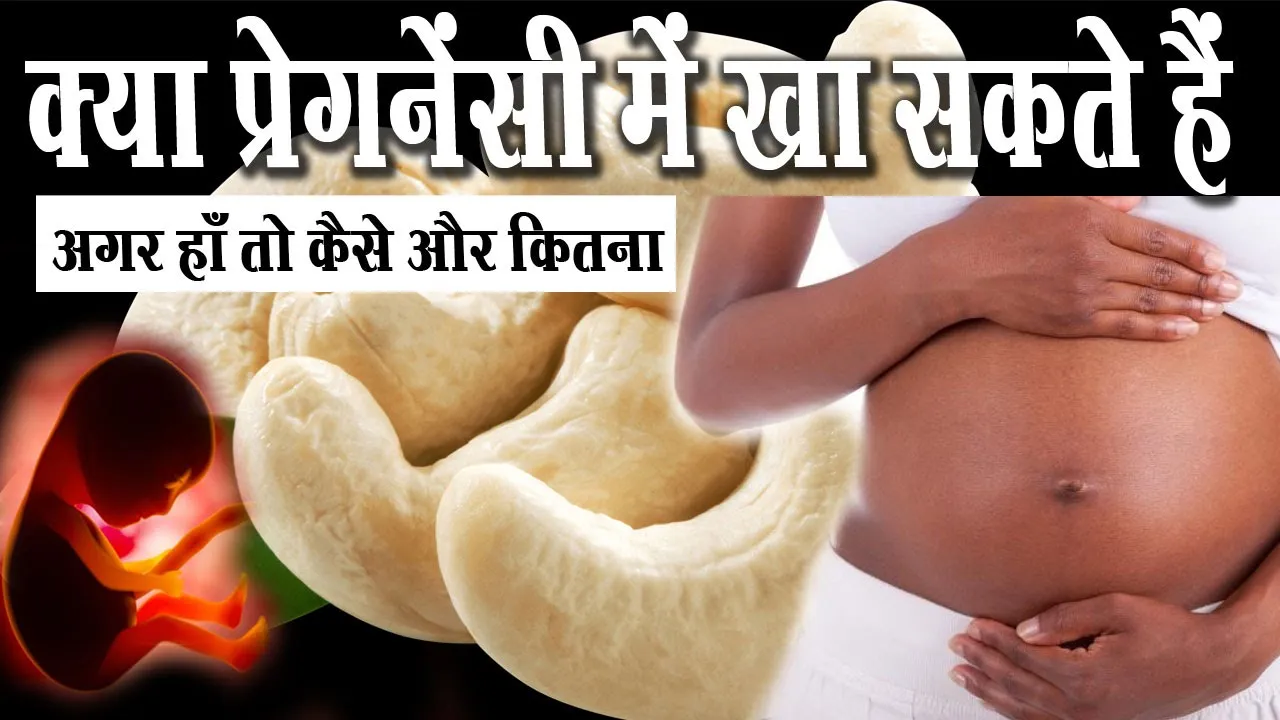गर्भावस्था में रोना, गर्भावस्था में उदास रहना, Crying during Pregnancy Causes & Effects on Baby
Many pregnant women experience frequent crying, but it’s crucial to recognise the potential negative impacts on both you and your unborn child. According to research, emotional discomfort can cause excessive quantities of stress hormones to be generated, which can have a harmful effect on foetal development and raise the possibility of pregnancy difficulties. Additionally, crying a lot can cause unhappiness, worry, and melancholy, all of which can be harmful to the health of both mother and child. Prioritizing self-care, such as getting enough sleep, exercising, and getting assistance from family members or a mental health expert, is crucial for fostering a joyful and successful pregnancy.
Both the mother and the unborn child may be significantly affected by crying during pregnancy. Following are some key considerations:
- Access crying or being sad may result in a rise in stress hormones, which may be harmful to the development of the fetus.
- Crying can weaken the bond between a mother and her child and raise the possibility of postpartum depression.
- Pregnant women must discover strategies to be happy during pregnancy and learn how to manage their emotions.
- Using relaxation techniques, exercising frequently, eating healthily, and getting support from close friends or family members can all contribute to happiness.
Watch Hindi Video Crying and Sad during Pregnancy , Garbhavastha me rona aur udas rehna bacche par asar





